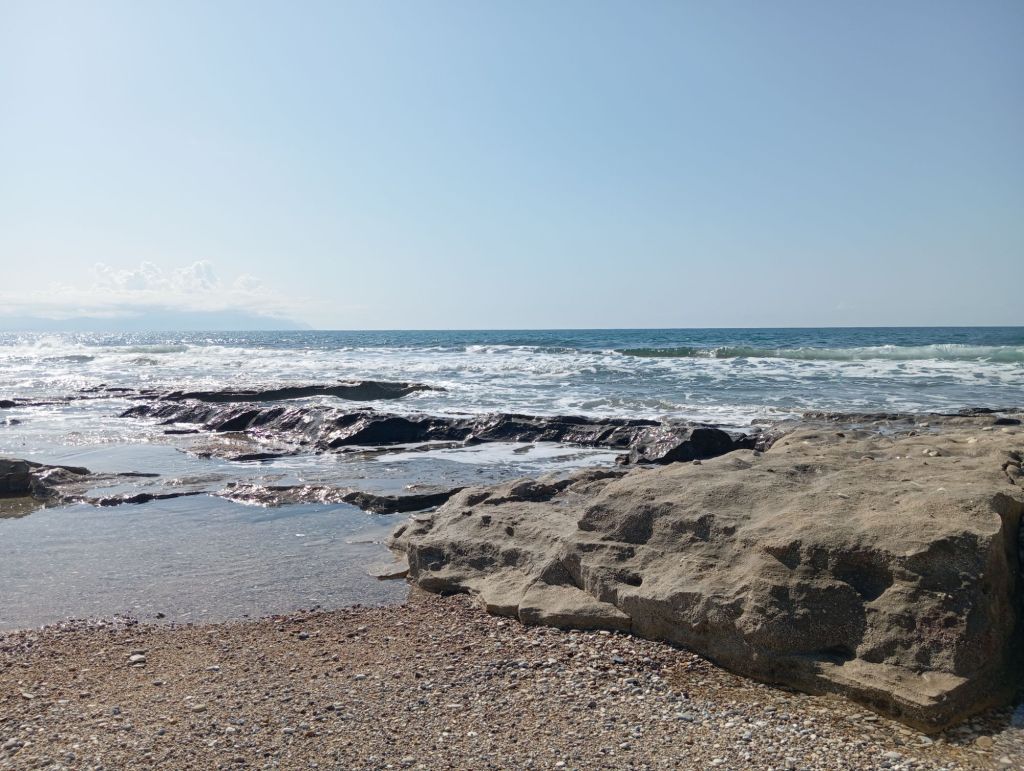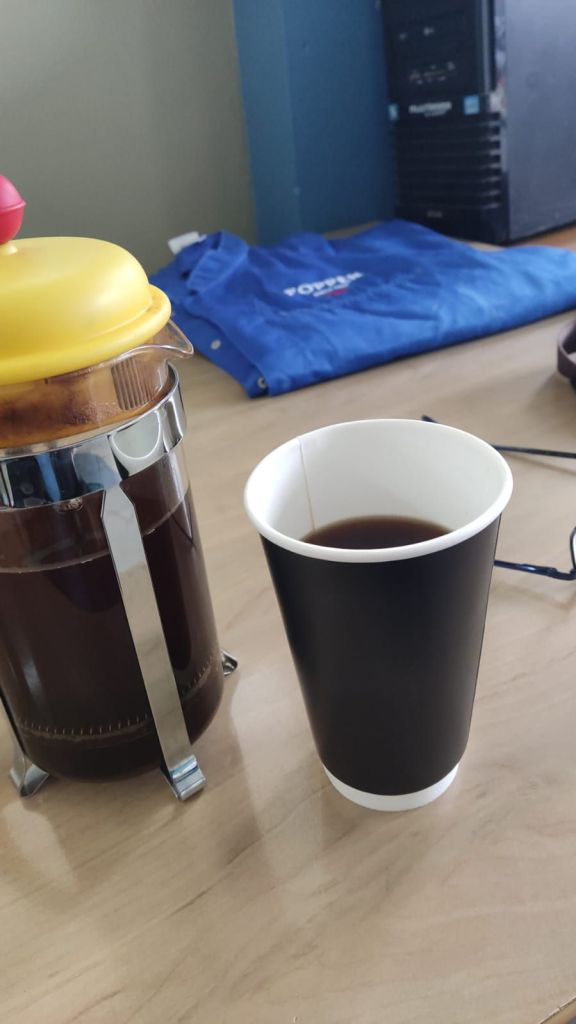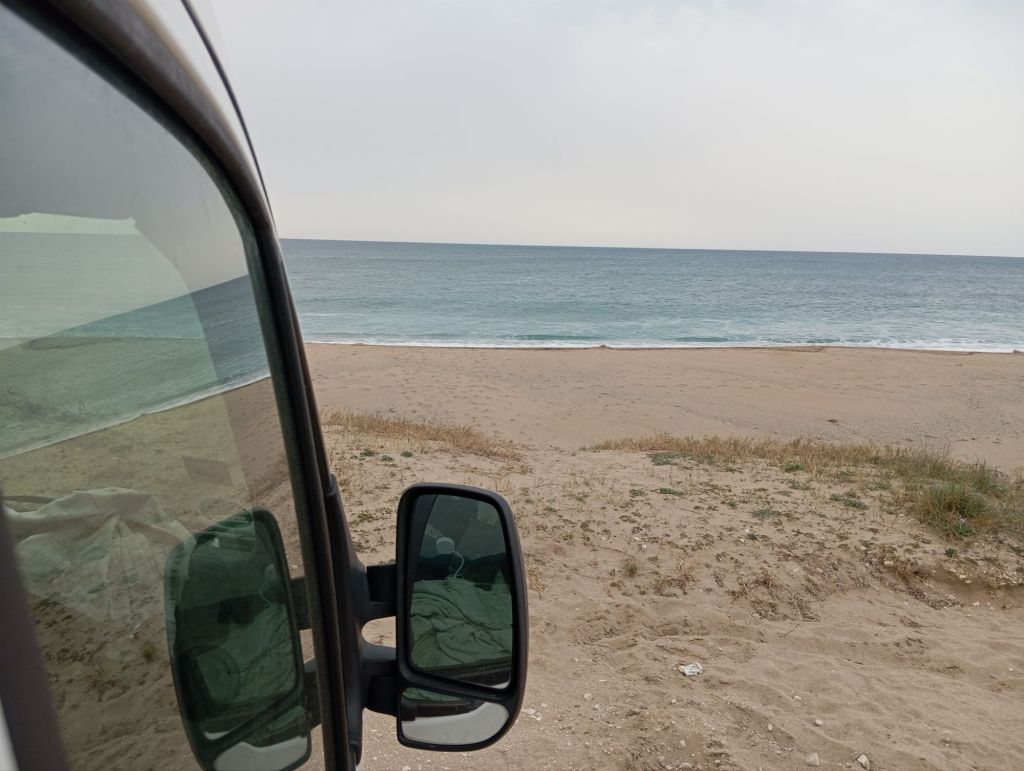
(Down below in english en français Incluido el español) Die Griechen wissen es schon seit 1838, denn in diesem Jahr entschieden sie die Freiheitskämpfe gegen die Türken.
Übrigens: Istanbolu ist griechisch und bedeutet so viel wie „in die Stadt“ für alle, die bei Konstantinopel noch Mal nen Joker brauchen.
Jedenfalls wundert mich nicht mehr, dass ich Griechenland so mag, denn am 25. März feiert man dank orthodoxer Kirche auch Mariä Verkündigung, die Geschichte erzähle ich an anderer Stelle.
Hier, wo Zeus untreu und Epicur konsequent dachte, weiss man, wie man die Ritter der Waiküre empfängt, mit einem Feiertag!
Die Straßen sind geschmückt, Familien sind am Strand und die Nationalbrust befriedigt.
Wisst ihr, wie lange ich nach einem würdigen Namenspatron für meinen Geburtstag suchte?
Unzählige Male suchte ich vergeblich nach Alternativen zu Elton John, Tracy Chapman und, na gut, Charly Chaplin.
Aber ich suchte was Heiliges, wie den 4. Juli, den amerikanischen Nationalfeiertag, an den ich meine Führerscheinprüfung bestand oder wenigstens was wie Weihnachten. Aber „good Bye englands Rose“?
Endlich ist auch diese Baustelle abgenommen. Der Bauherr ist glücklich über die Hilfe des Zufalls, den wo die Logik einen Sinn sucht, wird sie immer einen finden
Bis morgen Abend,
Euer Ulf
English
Logic always finds a way
The Greeks have known this since 1838, because in that year they decided the fight for freedom against the Turks.
By the way: Istanbolu is Greek and means something like „into the city“ for all those who need another joker for Constantinople.
Anyway, I’m no longer surprised that I like Greece so much, because thanks to the Orthodox Church, the Annunciation is also celebrated on March 25.
Here, where Zeus thought unfaithfully and Epicurus consistently, they know how to welcome the Knights of the Waiküre, with a holiday!
The streets are decorated, families are on the beach and the national breast is satisfied.
Do you know how long I searched for a worthy patron saint for my birthday?
Countless times I searched in vain for alternatives to Elton John, Tracy Chapman and, well, Charly Chaplin.
But I was looking for something sacred, like the 4th of July, the American national holiday on which I passed my driving test, or at least something like Christmas. But „good bye English rose“?
This building site is finally finished. The builder is happy to have the help of chance, because where logic seeks meaning, it will always find it
See you tomorrow evening,
Your Ulf
français
La logique trouve toujours un moyen
Les Grecs le savent depuis 1838, car c’est cette année-là qu’ils ont décidé de lutter pour la liberté contre les Turcs.
Notons au passage qu’Istanbolu est un mot grec qui signifie „dans la ville“ pour tous ceux qui ont encore besoin d’un joker pour Constantinople.
Quoi qu’il en soit, je ne m’étonne plus que la Grèce me plaise autant, car grâce à l’Église orthodoxe, on y fête aussi l’Annonciation le 25 mars.
Ici, où Zeus était incrédule et Épicure cohérent, on sait comment accueillir les chevaliers de l’onde : en leur offrant un jour férié !
Les rues sont décorées, les familles sont à la plage et la poitrine nationale est satisfaite.
Savez-vous combien de temps j’ai passé à chercher un patron digne de ce nom pour mon anniversaire ?
Un nombre incalculable de fois, j’ai cherché en vain des alternatives à Elton John, Tracy Chapman et, eh bien, Charly Chaplin.
Mais je cherchais quelque chose de sacré, comme le 4 juillet, la fête nationale américaine, le jour où j’ai réussi mon examen de conduite, ou au moins quelque chose comme Noël. Mais „good bye English rose“ ?
Ce chantier est enfin terminé. Le maître d’œuvre est heureux de l’aide du hasard, car là où la logique cherche un sens, elle le trouvera.
À demain soir,
Ton Ulf
español
La lógica siempre encuentra un camino
Los griegos lo saben desde 1838, porque en ese año decidieron luchar por la libertad contra los turcos.
Por cierto, Istanbolu es una palabra griega que significa „en la ciudad“, para los que aún necesiten un comodín para Constantinopla.
Sea como fuere, ya no me sorprende que me guste tanto Grecia, porque gracias a la Iglesia Ortodoxa, la Anunciación también se celebra allí el 25 de marzo.
Aquí, donde Zeus era incrédulo y Epicuro consecuente, saben cómo recibir a los caballeros de la ola: ¡dándoles un día de fiesta!
Las calles se engalanan, las familias están en la playa y el pecho nacional está satisfecho.
¿Sabes cuánto tiempo pasé buscando un jefe digno para mi cumpleaños?
Incontables veces he buscado en vano alternativas a Elton John, Tracy Chapman y, bueno, Charly Chaplin.
Pero yo buscaba algo sagrado, como el 4 de julio, los días festivos estadounidenses, el día que aprobé el examen de conducir o, al menos, algo parecido a la Navidad. ¿Pero „adiós rosa inglesa“?
Por fin está terminada la obra. El constructor se alegra de la ayuda del azar, porque allí donde la lógica busca el sentido, lo encuentra.
Hasta mañana por la tarde,
Tu Ulf














